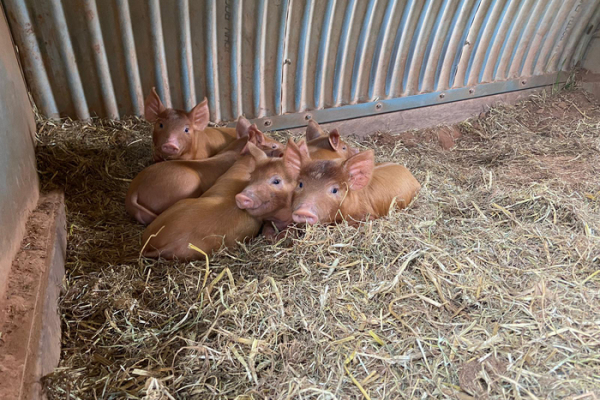Putting numbers on how well looked after the animals that end up on our plate are...
Interviews with Scientists
Interviews about medicine, science, technology and engineering with scientists and researchers internationally...
The World Health Organisation estimates that every year almost two and a half million people worldwide die as a direct...
How do birds navigate long distances?
How memories can be re-written to prevent drug relapse, the effects of social rank on gene expression and health, how...
White pox disease is wiping out Elkhorn coral in the Caribbean and the culprit is rather hard to stomach.
Can you walk out on the Pacific garbage patch? And what's the problem if fish eat plastic? Miriam Goldstein and...
We meet a denizen of the twilight zone that you can see right through.
Sue Nelson explores the missing pieces of the dwarf elephant puzzle and what these extinct animals can tell us about...
This week has seen NAM2012 - the Royal Astronomical Society's National Astronomy Meeting. Over 1000 delegates got...
What was the atmosphere like on the Earth nearly 3 billion years ago? Well that's a pretty tough question to...
How drug-resistant bacteria could be combatted using chemical compounds, pesticides causing declines in bumblebee...
David Hooper explains the presence and chemistry of the noctilucent clouds in our skies at dusk...
Jonathon Morrison explains how current nuclear reactors are kept running despite problems such as material deposition...
Eric Lowen explains how the efficiency of the new PRISM reactors and how these new designs overcome previous reactor...
We have a challenge to supply our growing demand for electricity whilst reducing our carbon emissions. Is nuclear the...
Researchers in the Scripps Translational Science Institute in California have developed a blood test that may be...
